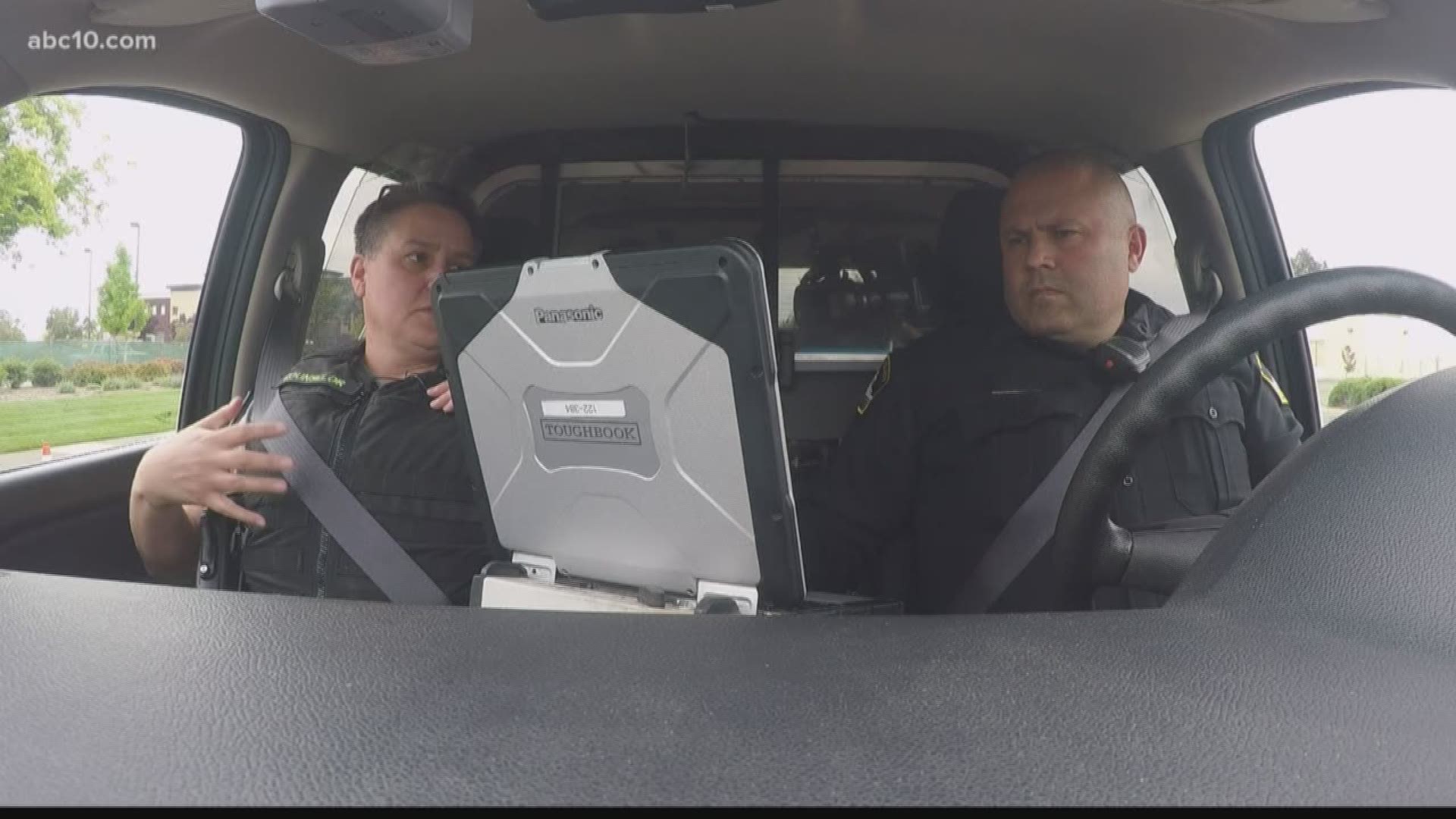Ever since the shooting of Stephon Clark, many people in the community have demanded more mental health resources.
“We provide a lot of the services, but not all the services," said Sacramento County’s Deputy Behavioral and Mental Health Director, Uma Zykofsky.
Zykofsky says there are a wide range of resources to help anyone experiencing a mental health crisis. She explains there are more programs in the works.
‘The ‘Mobile Crisis Support Team’ is one of the programs that’s helped connect people to the proper services, said Zykofsky.
The team is made up of a mental health counselor and a deputy sheriff or police officer.
“It’s been very successful. We have four mobile teams on the ground right now, and we have plans for two more in the next few months,” Zykofsky explained.
The counselor is tasked with helping authorities handle a situation that has a mental health component.
“Part of my role is to try to keep people in the community rather than taking them on a 5150 hold if they don't meet criteria, and linking them to another resource or service that will help them in that moment,” said Sandy Stowell, Senior Mental Health Counselor for Sacramento County.
Zykofsky says there’s been a culture change in the communities that have the mobile teams.
She adds, “There are calls which don't need to go through the law enforcement path, but really need to go through a clinical intervention, so they're able to do that through the mobile team."
Deputy Sheriff Steven Lickiss has patrolled the south part of the county for 17 years, and says working with Stowell during the last three has helped hundreds of people find the right resources during a mental health crisis.
When they’re not responding to calls, Lickiss and Stowell are spending time getting to know the people in the neighborhoods they patrol.
“If you invest the time to get to know the people in the community you serve – establish small relationships, long term relationships – with time, they help you better the job you do,” Lickiss said.
Lickiss told ABC10 there have been numerous occasions where seeing a familiar face has helped ease tense situations.
“In this neighborhood, sometimes very traumatic moments or events happen, and people's emotions can range and then we show up. Sometimes their emotion of hate can be focused on us, but the moment someone in that crowd has a previous connection with one of us, it can start to calm back down, and everything's more effective.” Lickiss said.
Follow the conversation with Daniela Pardo on Facebook.

